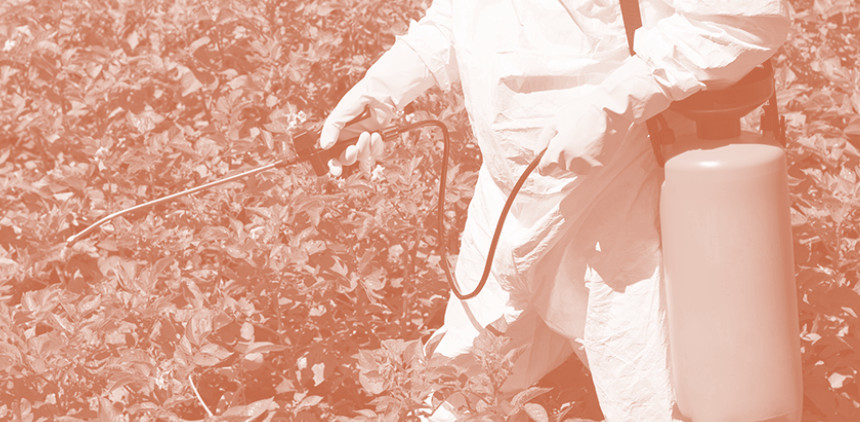Paraquat change proposed
 Australia is facing pressure to ban paraquat - a deadly herbicide.
Australia is facing pressure to ban paraquat - a deadly herbicide.
Australia's regulatory response to the controversial herbicide paraquat is coming under scrutiny as international concern over the chemical intensifies.
The Australian Pesticides and Veterinary Medicines Authority (APVMA) has proposed changes to the herbicide’s usage but has stopped short of a complete ban. The chemical has been banned in over 60 countries.
Paraquat, a non-selective herbicide, is notorious for its toxicity.
It is so potent that, according to the US Environmental Protection Agency, “one sip can kill”.
In Australia, the chemical is tightly controlled, available only to trained operators and required to be stored securely. Despite these measures, concerns persist about its safety, particularly regarding its impact on human health and the environment.
The APVMA's draft decision, released at the end of July, highlights these concerns.
While acknowledging the herbicide's risks, the APVMA proposes removing certain high-rate applications that pose unacceptable environmental dangers, particularly to native mammals and birds.
However, the regulator maintains that there is no immediate threat to human health when the chemical is used according to label instructions, which include strict adherence to personal protective equipment requirements.
The decision to avoid an outright ban has not been without controversy.
Internationally, the dangers of paraquat have led to widespread legal actions and stringent regulatory responses.
In California, for instance, lawmakers recently advanced legislation mandating a reevaluation of paraquat by 2029, a step that many environmental advocates see as inadequate but necessary.
The chemical's association with Parkinson's disease has fueled a wave of lawsuits in the United States, where agricultural workers allege that prolonged exposure to paraquat has caused them to develop the neurodegenerative disorder.
A 2019 meta-analysis cited by California legislators found that exposure to paraquat was associated with a 1.64-fold increase in the risk of Parkinson's disease.
The debate over paraquat is not just a matter of public health; it is also a question of environmental stewardship.
Recent research published in Ecotoxicology and Environmental Safety has reinforced the link between paraquat exposure and neurological damage.
The study conducted by a team at Ningxia Medical University in China showed that paraquat exposure could cause the build-up of proteins in human neurons, contributing to the development of Parkinson's disease and other neurodegenerative disorders.
The findings align with earlier studies that identified paraquat as a contributor to the misfolding of proteins in the brain, a hallmark of Parkinson's.
In Australia, the APVMA's public consultation period for the proposed changes runs until 29 October 2024.
During this time, the APVMA is seeking additional data to inform its final decision.
The regulator has indicated that it will act swiftly if new evidence suggests an imminent risk to human health.
The international focus on paraquat, coupled with ongoing research and legal challenges, may yet influence Australia’s regulatory approach.
Environmental and health advocacy groups are likely to continue pushing for a more stringent response, mirroring the actions taken by other countries in the face of mounting evidence of the chemical’s dangers.
More details are accessible here.







 Print
Print